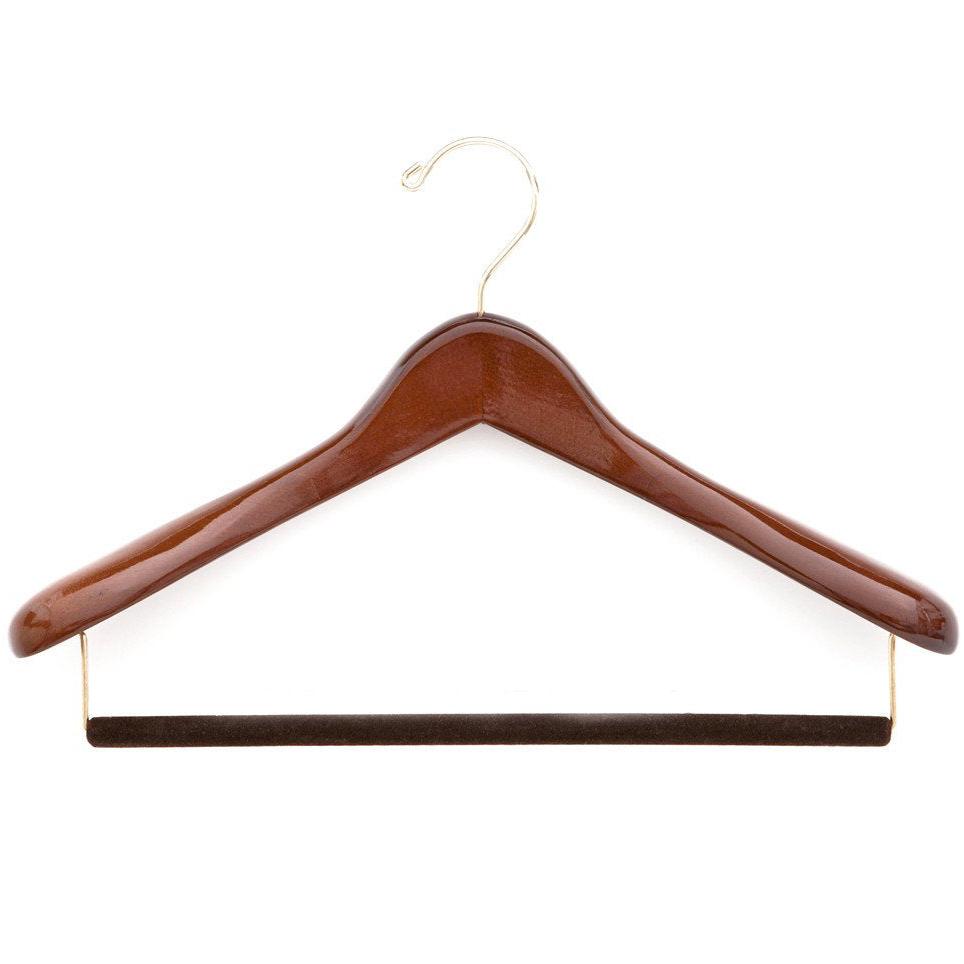esquire.
Distinguished Member
- Joined
- Feb 5, 2004
- Messages
- 1,290
- Reaction score
- 2
I just read The Millonaire Next Door, and it had some interesting points about the rich and clothing which I'd like to share. Even though I think their methodology was flawed, I still think there's still some uncomfortable truths.
" It is unfortunate that some people judge others by their choice in foods, beverages, suits, watches, motor vehicles, and such. To them, superior people have excellent tasts in consumer goods. But it is easier to purchase products that denote superiority than to be actually superior in economic achievement. Allocating time and money in the pursuit of looking superior often has a predictable outcome: inferior economic achievement."
"According to our recent survey... fifty percent or more of the millionaires surveyed paid $399 or less for the most expensive suit they ever purchased. Only about one in ten paid $1000 or more... For every millionaire who owns a $1000 suit there are at least six owners who have an annual incomes in the $50,000 to $200,000 range but who are not millionaires. Their shopping habits certainly have something to do with the fact they are not wealthy... About half the millionaires surveyed reported that they had never spent $140 or more for a pair of shoes. One in four hand never spent more than $100. Only about one in ten had spent over $300."
"There is an inverse relationship between the time spent purchasing luxury items such as cars and clothes and the time spent planning one's financial future... High income producers UAW spend a great deal of their incomes on expensive automobiles and clothing. But it takes more than money to acquire and maintain large inventories of luxury goods. Such purchases have to be planned. It takes time to shop. TIme, energy, and money are finite resources, even among high income generators. Often these high income UAWs outspend their six figure incomes. So how do they balance their need to maintain their high standard of living with a finite income? Many aggresively shop for bargains."
"Examine the activies that Dr. South undertakes to puchase an automobile. You might get the impression that he is a tightwad. Most UAWs bolster their hyperconsumption behavior by telling would be critics that everything they buy is purchased near cost, at cost, below cost, and so on... All too often high income UAWs spend countless hours studying the market- but not the stock market. They can tell yo how to shop and spend. But they can't tell you how to invest."
"Consider the level of car purchasing knowledge Dr. South has recently acquired that will never pay capital gains or real dividends or enhance the producitivity of his business. It takes much time and effort to aquire such information. Dr. South is penny-wise, pound foolish when purchasing motor vehicles. But he has convinced himself that he is a prudent buyer. After all, he spends much time and energy trying to buy cars at or near dealer cost."
" It is unfortunate that some people judge others by their choice in foods, beverages, suits, watches, motor vehicles, and such. To them, superior people have excellent tasts in consumer goods. But it is easier to purchase products that denote superiority than to be actually superior in economic achievement. Allocating time and money in the pursuit of looking superior often has a predictable outcome: inferior economic achievement."
"According to our recent survey... fifty percent or more of the millionaires surveyed paid $399 or less for the most expensive suit they ever purchased. Only about one in ten paid $1000 or more... For every millionaire who owns a $1000 suit there are at least six owners who have an annual incomes in the $50,000 to $200,000 range but who are not millionaires. Their shopping habits certainly have something to do with the fact they are not wealthy... About half the millionaires surveyed reported that they had never spent $140 or more for a pair of shoes. One in four hand never spent more than $100. Only about one in ten had spent over $300."
"There is an inverse relationship between the time spent purchasing luxury items such as cars and clothes and the time spent planning one's financial future... High income producers UAW spend a great deal of their incomes on expensive automobiles and clothing. But it takes more than money to acquire and maintain large inventories of luxury goods. Such purchases have to be planned. It takes time to shop. TIme, energy, and money are finite resources, even among high income generators. Often these high income UAWs outspend their six figure incomes. So how do they balance their need to maintain their high standard of living with a finite income? Many aggresively shop for bargains."
"Examine the activies that Dr. South undertakes to puchase an automobile. You might get the impression that he is a tightwad. Most UAWs bolster their hyperconsumption behavior by telling would be critics that everything they buy is purchased near cost, at cost, below cost, and so on... All too often high income UAWs spend countless hours studying the market- but not the stock market. They can tell yo how to shop and spend. But they can't tell you how to invest."
"Consider the level of car purchasing knowledge Dr. South has recently acquired that will never pay capital gains or real dividends or enhance the producitivity of his business. It takes much time and effort to aquire such information. Dr. South is penny-wise, pound foolish when purchasing motor vehicles. But he has convinced himself that he is a prudent buyer. After all, he spends much time and energy trying to buy cars at or near dealer cost."


